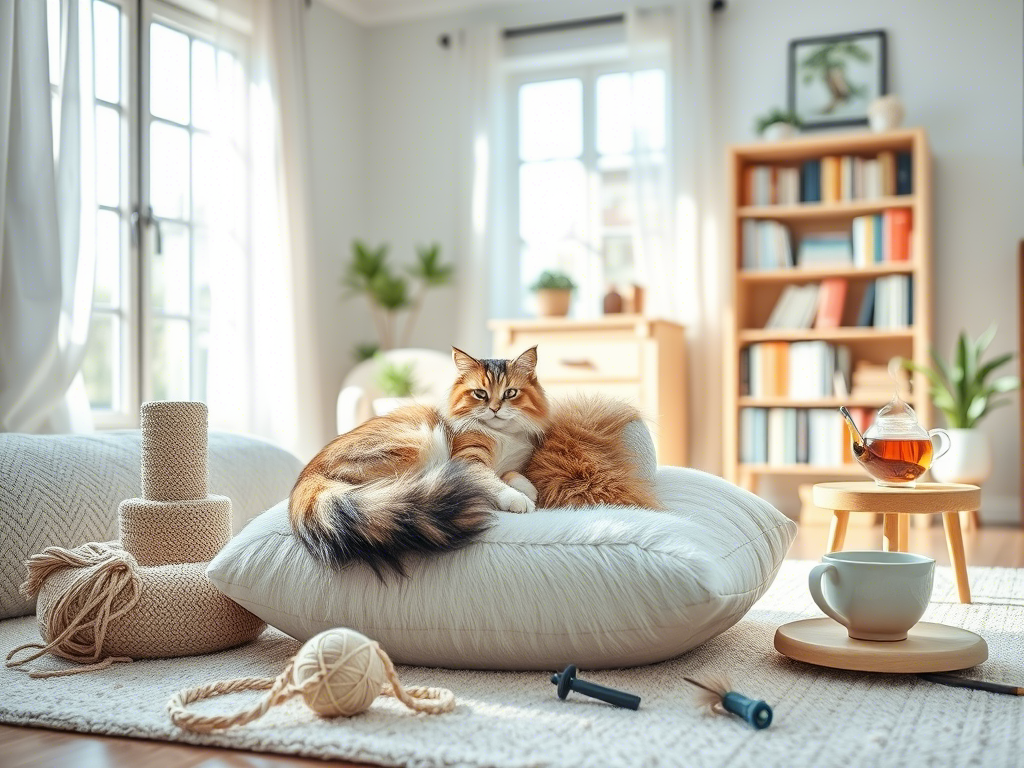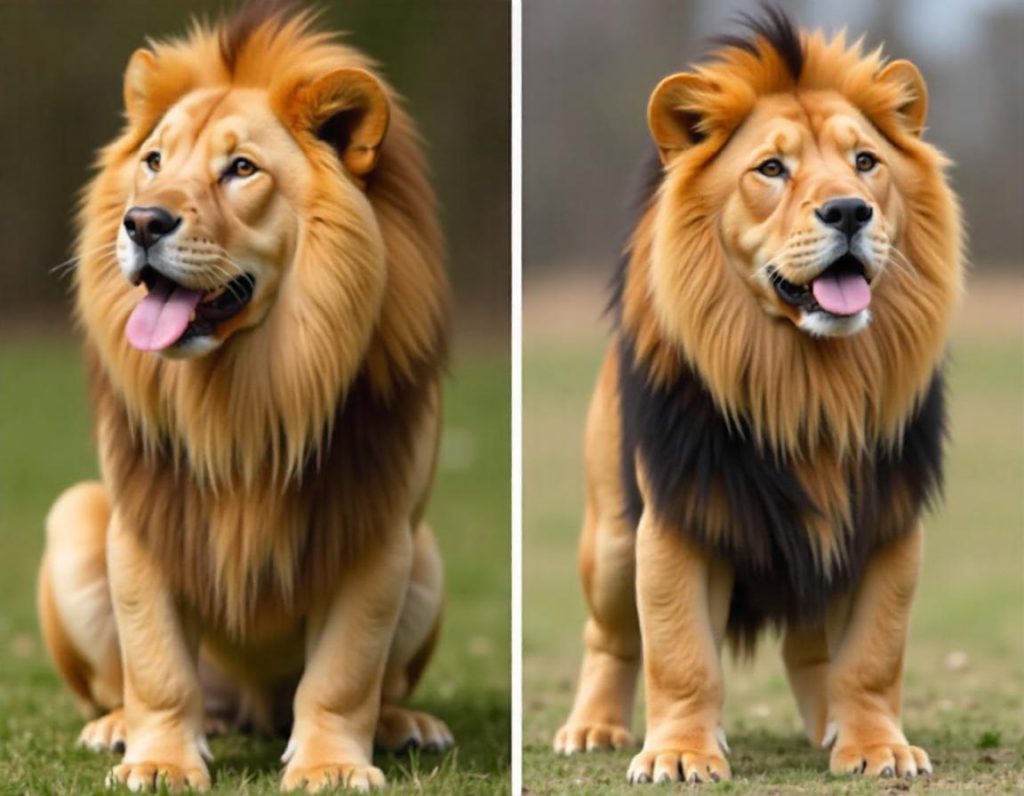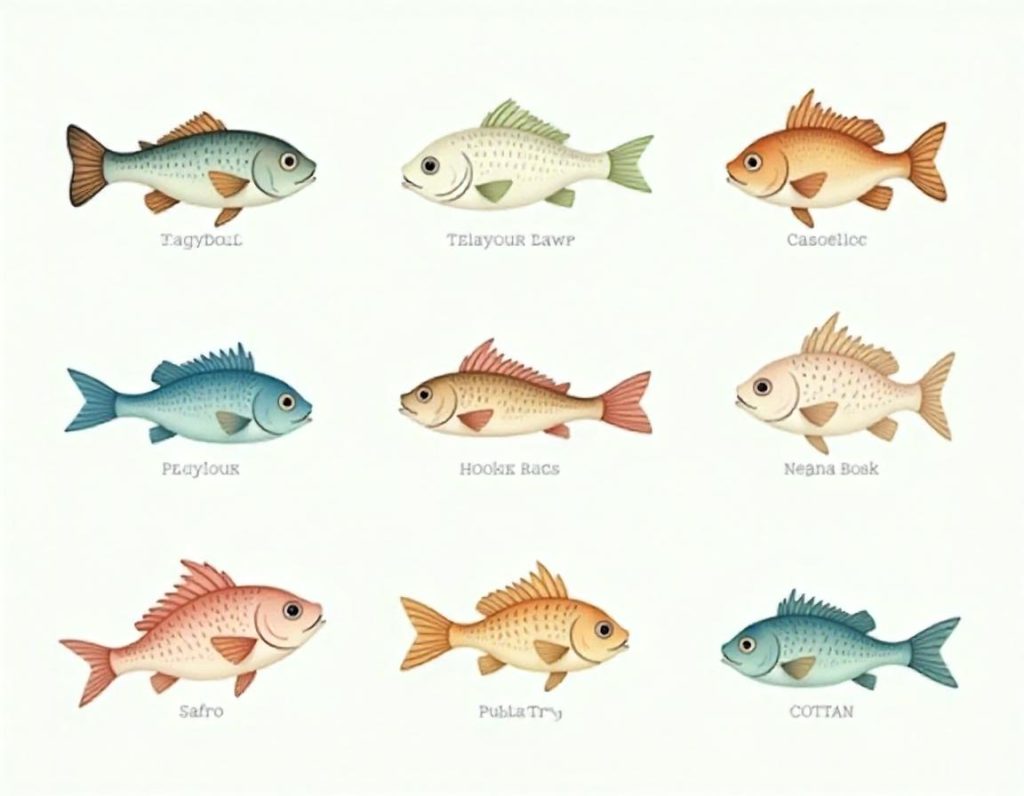Discover the Best Things About Cats | Ultimate Feline Guide
The Endearing Charm of Cats: Why They’re So Beloved
Cats have been cherished companions for thousands of years, and it’s no wonder—they bring joy, comfort, and a sense of calm into our lives. Whether you’re a seasoned cat owner or someone considering adopting one, understanding the best things about cats can deepen your appreciation for these remarkable creatures. From their independent nature to their playful antics, cats offer something truly special that sets them apart from other pets.
In this article, we’ll explore what makes cats such extraordinary companions, including their unique traits, the emotional and physical benefits they provide, and practical tips for fostering a harmonious relationship with your feline friend. By the end, you’ll see why cats continue to captivate hearts worldwide.
Independent Yet Affectionate: The Perfect Balance
One of the best things about cats is their ability to strike a perfect balance between independence and affection. Unlike dogs, who often crave constant attention, cats tend to be more self-reliant. This doesn’t mean they’re aloof—in fact, many cats form deep bonds with their owners—but rather, they respect personal space while still offering companionship when needed.
For busy individuals or families, this trait is particularly appealing. You don’t need to worry about leaving your cat alone during work hours; most cats are perfectly content entertaining themselves. However, when you do return home, don’t be surprised if your furry friend greets you at the door or curls up on your lap. It’s this blend of autonomy and intimacy that makes cats ideal companions for modern lifestyles.
Pro Tip: If you want to strengthen your bond with your cat, try engaging in interactive play sessions using toys like feather wands or laser pointers. These activities not only stimulate their natural hunting instincts but also create opportunities for quality time together.
Health Benefits of Owning a Cat
Did you know that owning a cat can positively impact both your mental and physical well-being? Among the best things about cats is their ability to reduce stress and anxiety. Studies show that simply petting a cat can lower cortisol levels (the hormone associated with stress) and increase serotonin production, which boosts mood.
Additionally, the rhythmic sound of a cat purring has therapeutic effects. Research suggests that the frequency of a cat’s purr—typically between 20 and 140 Hz—can promote healing and even improve bone density. For those recovering from surgery or dealing with chronic pain, having a purring cat nearby can make a noticeable difference.
Moreover, cat ownership has been linked to a reduced risk of heart disease. A study published in the Journal of Vascular and Interventional Neurology found that people who own cats are less likely to suffer from strokes or heart attacks compared to non-cat owners. This may be attributed to the calming effect cats have on their humans, as well as the routine care involved in looking after them.
Answering Common Questions:
- Q: Can cats really help with depression?
A: Yes, cats can provide comfort and companionship, which can alleviate feelings of loneliness and sadness. Their presence alone can offer a sense of purpose and routine, which is crucial for managing depression. - Q: Are there any downsides to owning a cat?
A: While cats are wonderful pets, potential challenges include allergies, litter box maintenance, and occasional behavioral issues. With proper preparation and care, however, these concerns can be easily managed.
Unique Personalities: No Two Cats Are Alike
Another standout feature among the best things about cats is their diverse personalities. Some cats are outgoing and social, eagerly greeting visitors and exploring every corner of the house. Others are shy and reserved, preferring quiet spaces where they can observe the world from a safe distance.
This variety ensures that there’s a cat out there for everyone. If you’re looking for a laid-back companion who enjoys lounging by your side, breeds like Ragdolls or British Shorthairs might be a great fit. On the other hand, if you prefer an energetic and mischievous pet, consider adopting a Bengal or Abyssinian.
What’s fascinating is how much individual cats within the same breed can differ. For example, two Siamese cats could have vastly different temperaments—one might be vocal and demanding, while the other is soft-spoken and gentle. Getting to know your cat’s unique quirks and preferences is part of the fun of cat ownership.
Fun Fact: Did you know that cats communicate through subtle body language? Tail positions, ear movements, and even the way they blink can convey important messages. Learning to interpret these signals will help you better understand your cat’s needs and emotions.
Low Maintenance Care Compared to Other Pets
When it comes to ease of care, cats are hard to beat. Unlike dogs, which require regular walks and extensive grooming, cats are relatively low-maintenance. Most cats are fastidious groomers, spending hours each day licking their fur to keep it clean and shiny. As long as you provide fresh water, nutritious food, and a clean litter box, your cat will thrive with minimal effort on your part.
That said, cats still benefit from occasional brushing, especially long-haired breeds like Persians or Maine Coons. Brushing not only prevents hairballs but also strengthens the bond between you and your pet. Additionally, scheduling annual vet check-ups and keeping up with vaccinations is essential for ensuring your cat stays healthy and happy.
Compared to larger animals like horses or reptiles, which demand specialized habitats and diets, cats are incredibly adaptable. They can live comfortably in apartments, houses, or even small studios, making them suitable for various living situations.
Practical Tip: Invest in a high-quality scratching post to save your furniture from damage. Scratching is a natural behavior for cats, helping them shed old claw layers and stretch their muscles. Redirecting this instinct toward appropriate surfaces will keep both you and your cat satisfied.
Playful Companions Who Keep Life Interesting
Despite their reputation for being lazy, cats are naturally curious and playful creatures. Watching a cat chase after a toy mouse or leap gracefully onto a high shelf never fails to entertain. This playful spirit is one of the best things about cats, as it adds an element of fun and unpredictability to daily life.
Interactive toys, puzzle feeders, and climbing structures can keep your cat mentally stimulated and physically active. Not only does this prevent boredom, but it also helps combat obesity—a common issue among indoor cats. Encouraging your cat to engage in regular exercise promotes overall health and longevity.
If you’re short on time, automated toys like robotic mice or treat-dispensing balls can keep your cat entertained even when you’re not around. Just remember to rotate toys periodically to maintain your cat’s interest.
Answering Common Questions:
- Q: How can I tell if my cat is bored?
A: Signs of boredom include excessive meowing, destructive behavior (like knocking items off shelves), or overgrooming. Providing enrichment activities can address these issues. - Q: What are some budget-friendly ways to entertain my cat?
A: DIY toys made from household items, such as crumpled paper balls or empty cardboard boxes, can provide hours of amusement for your cat.
Environmental Benefits of Choosing a Cat
In today’s eco-conscious world, many people are drawn to cats because of their smaller environmental footprint compared to larger pets. Dogs, for instance, require more resources due to their size and dietary needs. Cats, on the other hand, consume significantly less food and produce fewer waste products.
Furthermore, adopting a cat from a shelter reduces the demand for commercially bred animals, thereby minimizing the environmental impact of pet breeding facilities. By choosing to rescue a cat, you’re giving a loving home to an animal in need while supporting sustainable practices.
Eco-Friendly Tip: Opt for biodegradable litter made from materials like corn, wheat, or recycled paper. These options break down naturally, reducing landfill waste and promoting a greener lifestyle.
Conclusion: Celebrating the Best Things About Cats
From their independent yet affectionate nature to their numerous health benefits, cats truly are extraordinary companions. Their unique personalities, low-maintenance care requirements, and playful antics make them a joy to have around. Plus, their positive impact on mental health and the environment further cements their status as beloved pets.
Whether you’re already a proud cat parent or contemplating bringing one into your life, embracing the best things about cats will undoubtedly enrich your days. So go ahead—snuggle up with your feline friend, indulge in some playtime, and cherish the countless ways they brighten your world.
Call to Action: Share your favorite thing about cats in the comments below! We’d love to hear stories about how your furry companion has touched your life.





